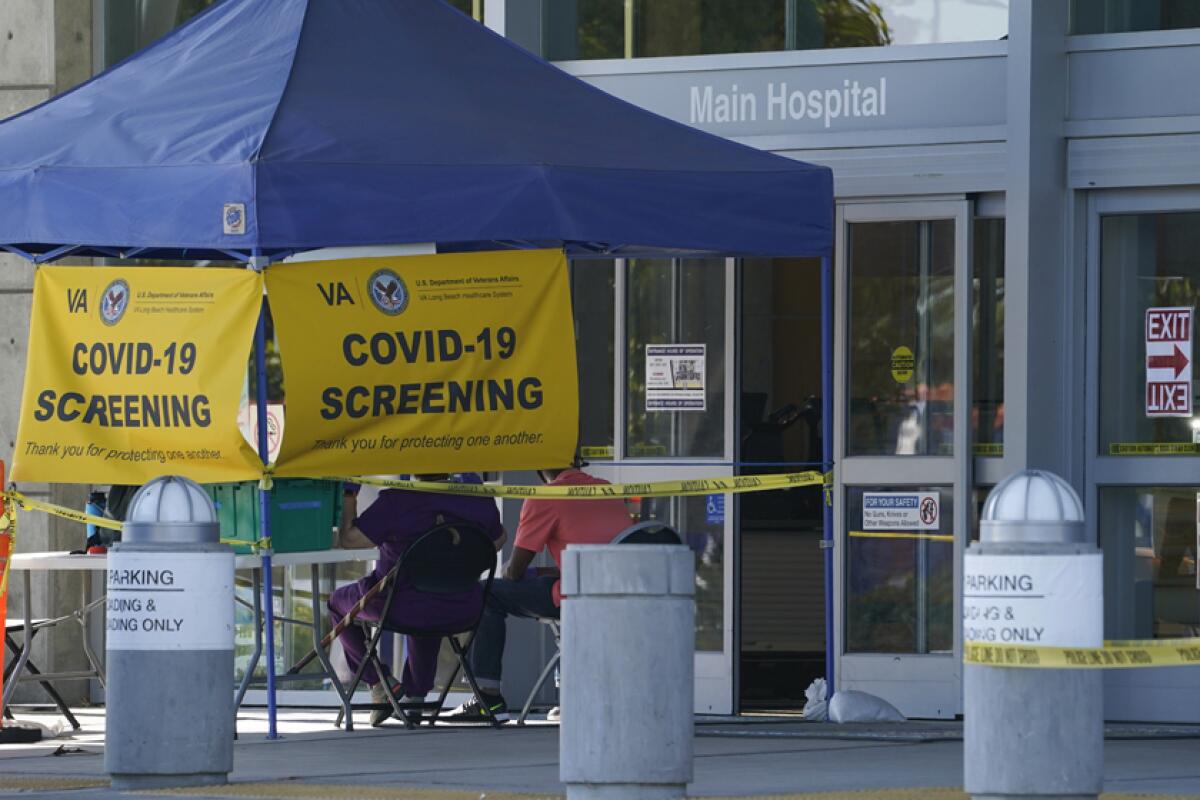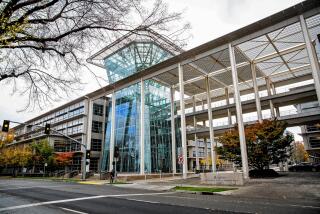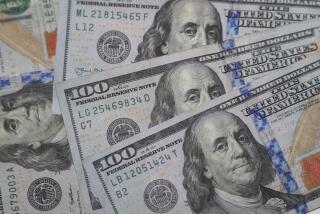Private equity piles on debt to pull cash from health firms

- Share via
Healthcare companies are taking on more debt to pay dividends to their private equity owners, just a year after the start of a pandemic that plunged the industry into crisis.
At least five U.S. healthcare firms have borrowed heavily in part to fund hundreds of millions of dollars of such payouts in the first quarter, according to a report to be released Wednesday by the nonprofit Private Equity Stakeholder Project.
The practice, known as dividend recapitalization, is gaining steam as investors hunt for yield with interest rates near historic lows. Meanwhile, healthcare companies are on a stronger footing, with patient visits rebounding and the government unleashing economic stimulus.
Healthcare firms have already borrowed about $3.7 billion in 2021, partly to fund payments to private equity owners, more than double the amount issued all of last year, according to data from S&P Global Market Intelligence. At the current pace, it would be the industry’s most active year for borrowing since 2015.
“Investor demand for leveraged loans is outpacing supply so far this year, sending prices in the secondary market soaring,” said Marina Lukatsky, a senior director at S&P.
Dividend recapitalization is one reason wealthy investors are drawn to private equity, as they don’t have to wait years for a payout.
Private equity’s main lobbying group, the American Investment Council, defended the practice, arguing that the loans are made to financially sound companies and help retirees because public pension plans are among the clients of private equity funds. Dividend recapitalizations accounted for just 6% of the total market for leveraged loans last year, the trade group said, citing S&P data.
But critics including the Private Equity Stakeholder Project say the strategy destroys value.
“By saddling companies with debt to extract cash for themselves, private equity firms put those companies at risk for restructuring, bankruptcy, or cost cutting to make up the interest payments and pay off that debt,” said Eileen O’Grady, a coordinator at the nonprofit.
The report singled out two private equity-owned healthcare firms: DuPage Medical Group, a network of more than 750 doctors in the Chicago area, and the Mentor Network, which treats children and adults with intellectual disabilities.
DuPage, which received about $80 million in grants and loans from taxpayers in 2020, distributed $209 million this year to owners including Ares Management, using leftover cash from the sale of some office buildings and additional debt, according to Moody’s Investors Service.
The distribution is “a credit negative as it points to the aggressive nature of DuPage’s financial policies,” Moody’s analysts wrote in a report. “Combined with higher gross financial leverage, this will leave DuPage more weakly positioned to absorb any unexpected operating setback or incremental debt.”
The company plans to repay the government loans and used the grants solely to make up for lost revenue and costs from the pandemic, DuPage spokeswoman Maria McGowan said.
“Our recent refinancing enabled us to further strengthen our balance sheet, reduce our interest expense and take advantage of positive market conditions,” she said.
The Mentor Network, meanwhile, took on more debt and distributed $375 million to its owners — the second dividend since it was acquired two years ago by Centerbridge Partners and Vistria Group.
While Moody’s warned of high debt, it said the company had ample cash to meet its obligations.
In December, the Senate Finance Committee reported the findings of investigations into two Mentor Network affiliates, alleging poor patient care and a failure to report incidents of abuse and neglect.
A spokesperson for the company declined to comment.
More to Read
Inside the business of entertainment
The Wide Shot brings you news, analysis and insights on everything from streaming wars to production — and what it all means for the future.
You may occasionally receive promotional content from the Los Angeles Times.










